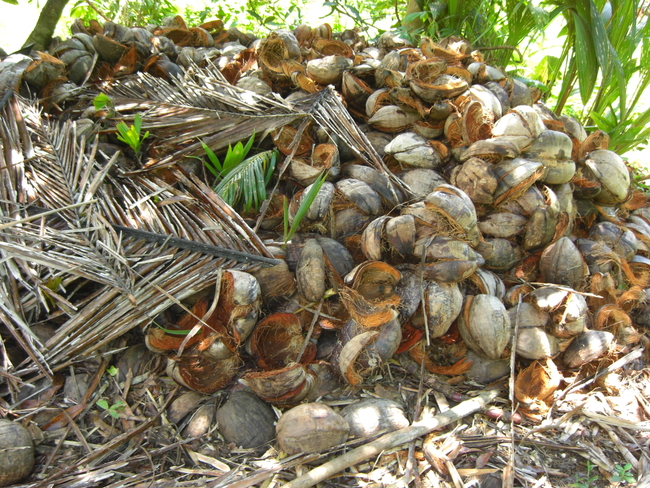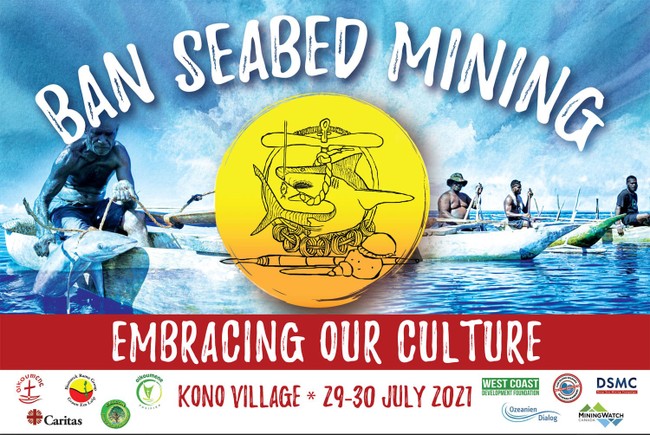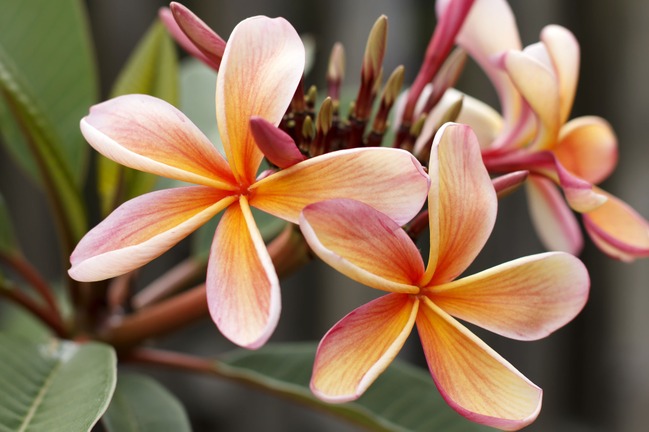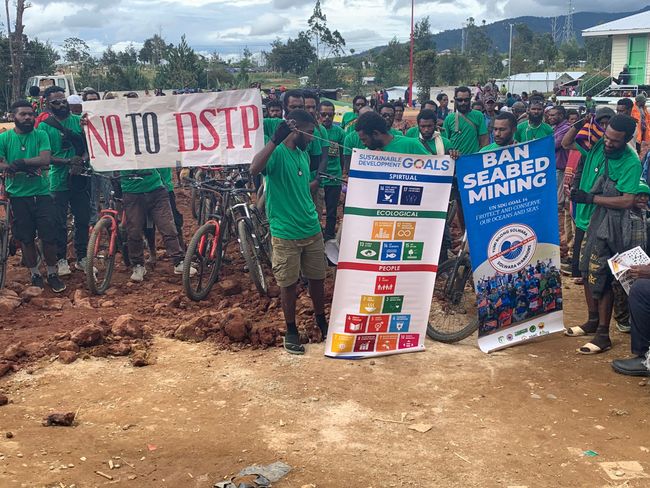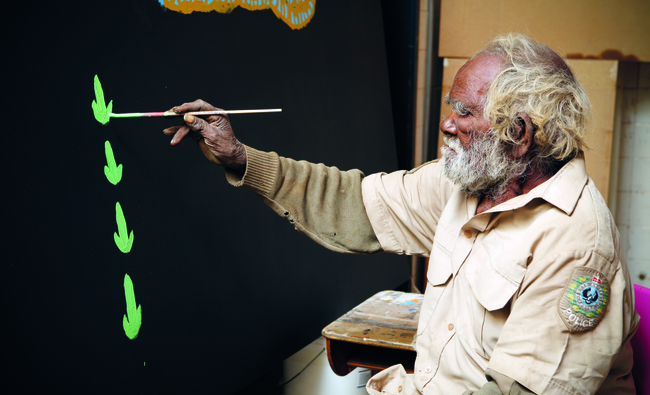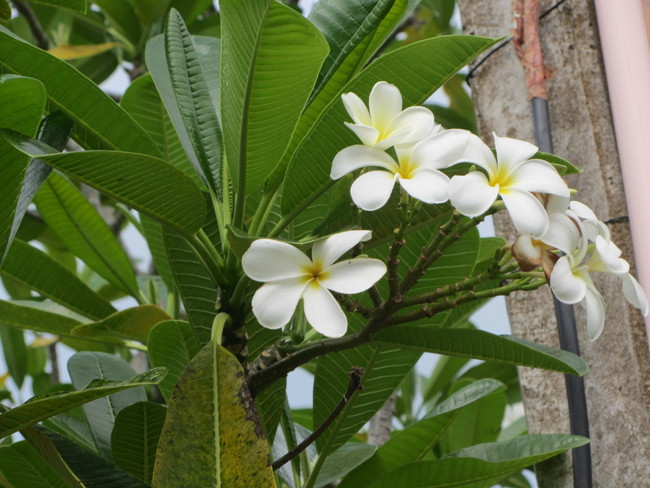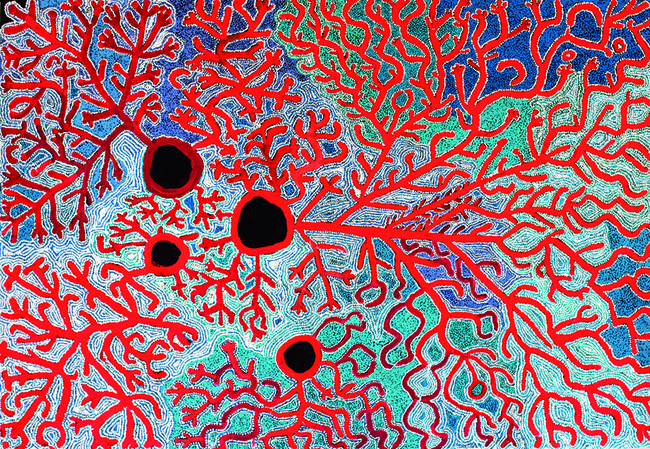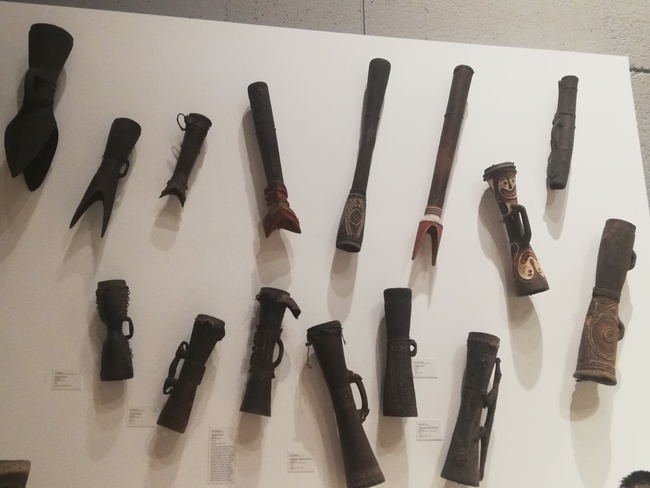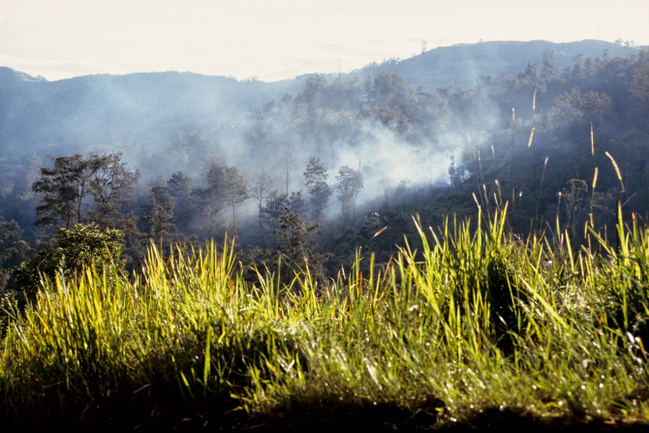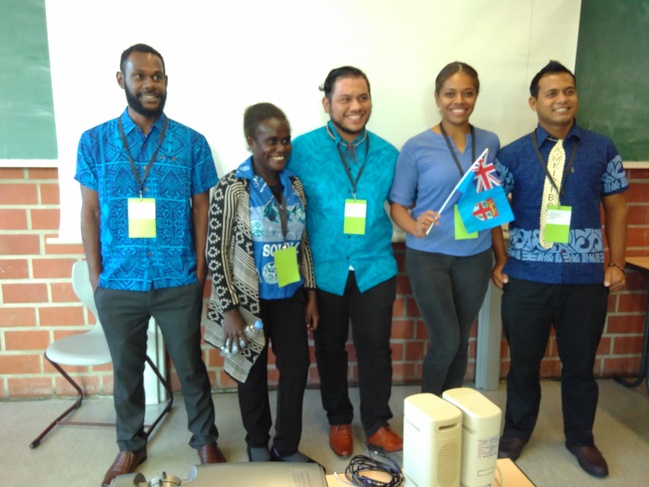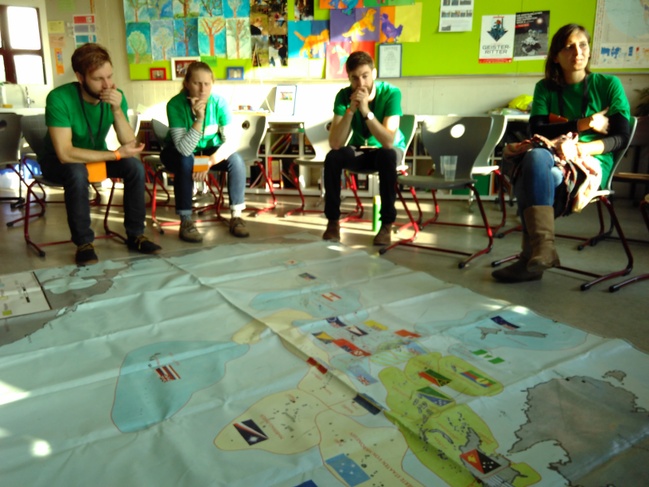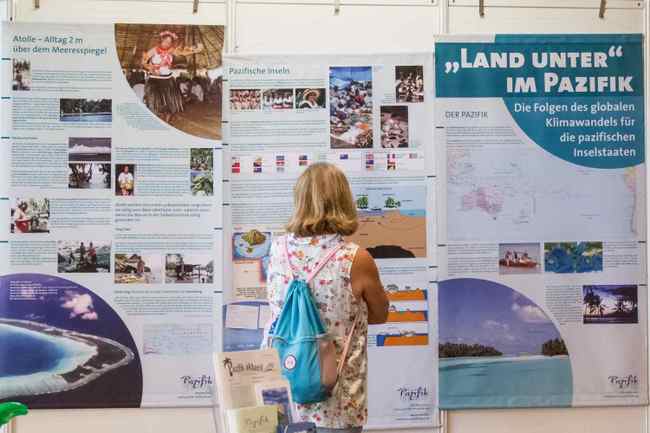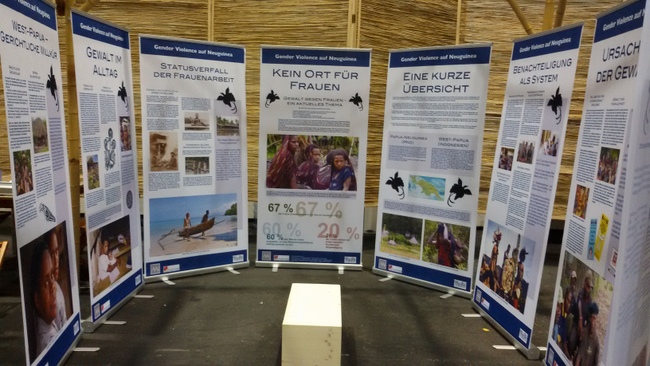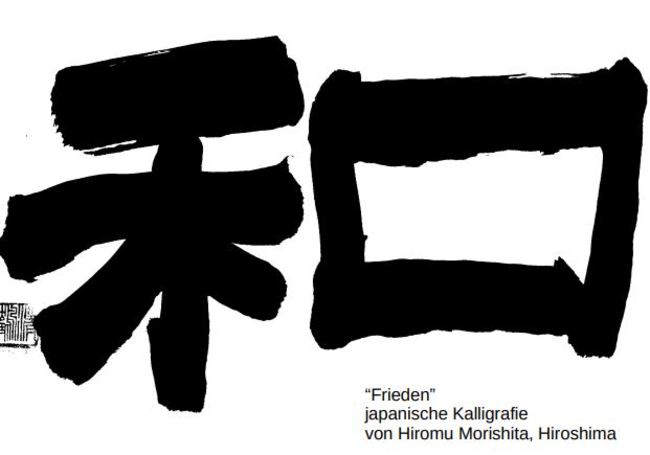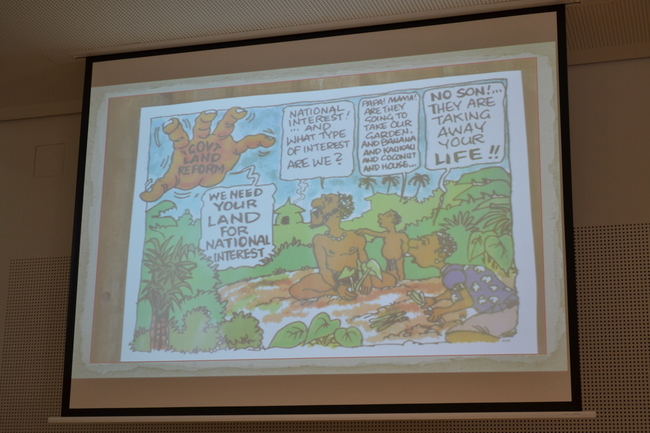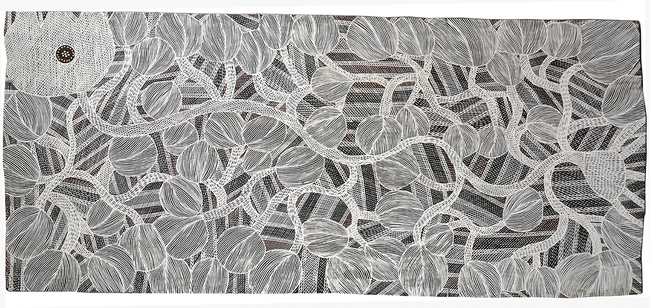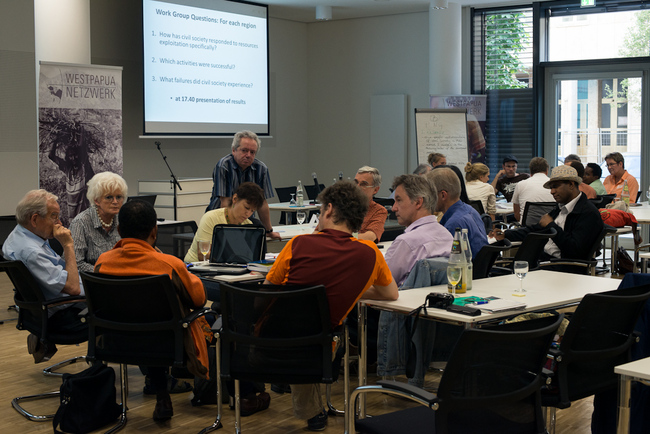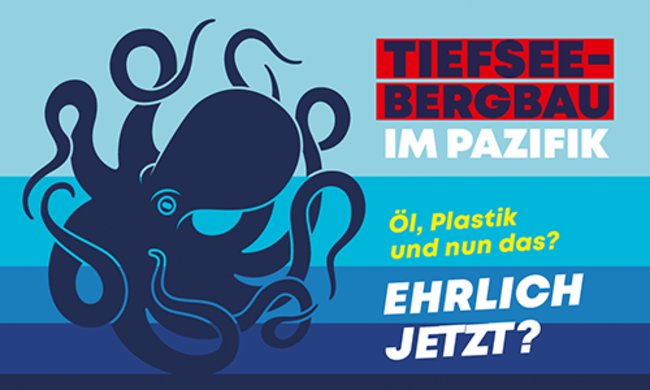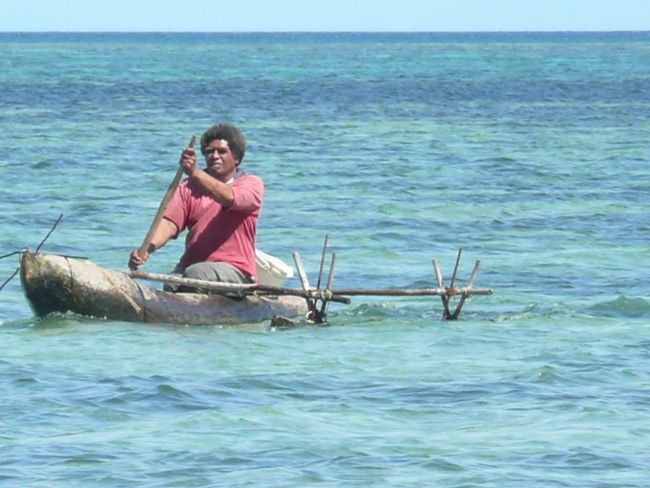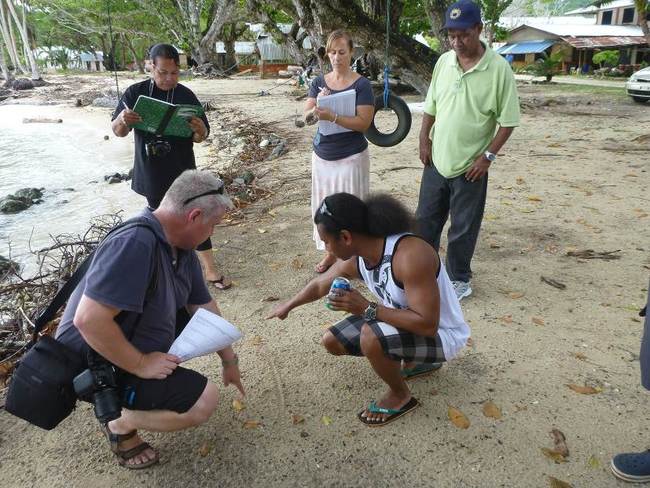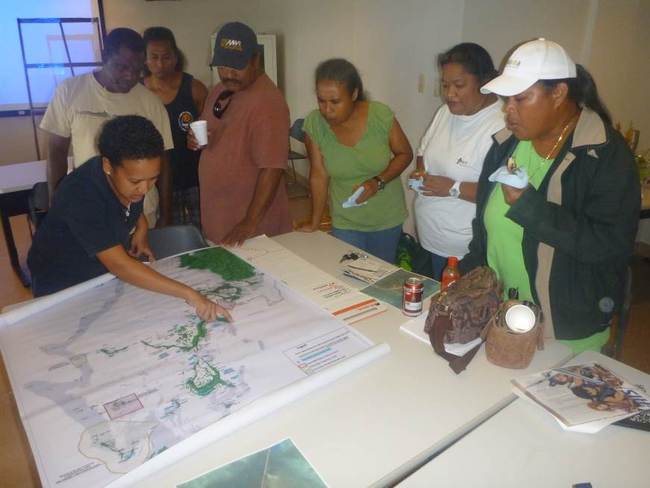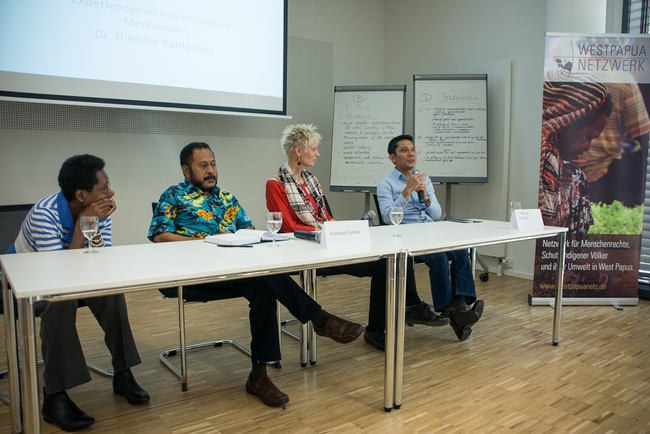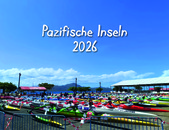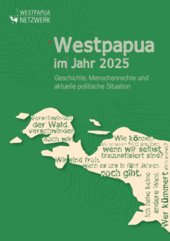Trump droht mit Wiederaufnahme von Atomtests
Pacific NGOs on Trumps thread to restart nuclear testing
Pacific groups call on halt to future nuclear testing
MEDIA RELEASE 12th Nov. 2025
Pacific civil society organisations and movements across the region are condemning any plans by the United States administration to resume nuclear weapons testing, arguing that the move shows blatant disregard for the Pacific’s historic calls to end nuclear harm and could increase and normalise a global arms race.
This response follows reports that the Trump administration has instructed conducting nuclear tests for the first time since 1992 – a decision that would shatter the accepted global moratorium and risk escalating a new nuclear arms race based on the failed policy of nuclear deterrence.
The collective of Pacific civil society groups and movements warn that renewed nuclear testing and ongoing threats by nuclear armed-states pose grave dangers to global peace, security, and the very survival of Pacific peoples, including those that continue to live with the ongoing consequences of past nuclear testing.
For the Pacific, this announcement and other signals from nuclear-armed states are not just an abstract geopolitical debate. They represent a direct and existential threat that recalls the devastating legacy of the Cold War, when the United States, United Kingdom, and France used the region as a testing ground for over 315 nuclear weapons. These countries continue to deny, minimalize and avoid accountability for their past crimes and how they have fundamentally changed the environment and health of Pacific communities, including future generations.
This is a time for the United States to demonstrate its commitment to our Pacific Zone of Peace by joining Pacific Island states who have ratified the Treaty of Prohibition for Nuclear Weapons (TPNW), and ratify the South Pacific Nuclear Free Zone Treaty, as it is the only state that has not done so. It’s time for political diplomacy not nuclearization.
At the same time, Pacific civil society groups have strongly condemned Japan’s ongoing release of treated nuclear wastewater from the Fukushima Daiichi power plant into the Pacific Ocean. The nuclear waste dumping which began in August 2023, poses continuing environmental and health risks for the region.
The youth of the Pacific feel strongly, “that the recent announcement from US President Donald Trump to restart a nuclear testing program is disappointing, an overall unnecessary violence, and further compounds the insecurity us Marshallese youth feel about the future. As youth of a community that is still dealing with the effects of nuclear weapons testing done in the 1940s and 50s, and of the broader Pacific community still seeking truth and justice, this decision is a threat to the physical and environmental health of indigenous people and proof that nuclear deterrence is a false logic for global security.” – Marshall Islands Students Association (MISA4ThePacific).
“We carry the legacy of our elders’ resilience and the responsibility to protect our islands for generations to come. We reject this proposal in the strongest possible terms. Our voices rise not only in resistance, but in hope for a future where our people, our lands, and our ocean can finally live free from the shadow of nuclear harm.” -Jo Jikum from the Republic of the Marshall Islands.
“French nuclear testing has forever devastated our health, environment and society in Mā’ohi Nui/French Polynesia. We are still grappling with the aftermath of these nuclear explosions that we experienced thirty years ago. For the sake of a healthy planet, we strongly condemn any new thoughts or attempts to restart nuclear testing.” – Moruroa E Tātou (MET) from Mā’ohi Nui/French Polynesia.
“We are also deeply concerned that routine Minuteman III missile tests from Vandenberg, including launches in February, May and now November 2025, continue to use the Northern Pacific Ocean and the waters of our island nations as a proving ground for nuclear-capable weapons. Treating our ocean as a target corridor for instruments of mass destruction is incompatible with the Pacific’s vision of a nuclear-free, demilitarised Ocean of Peace and disregards the lived trauma and moral authority of communities who still bear the scars of nuclear testing.” – Pacific Conference of Churches (PCC).
“We urge our Pacific Leaders and regional technical institutions to uphold the principles of the South Pacific Nuclear Free Zone Treaty (Rarotonga Treaty) and to ensure its operationalising must address legacy impacts, and emerging nuclear threats.” – Pacific Network on Globalisation (PANG).
We call on:
• The United States to publicly and permanently abandon any consideration of nuclear testing and to reaffirm its commitment to the Comprehensive Nuclear-Test-Ban We also call on the U.S. to ratify the protocols of the South Pacific Nuclear Free Zone Treaty (known as the Treaty of Rarotonga), and sign and ratify the Treaty of Prohibition on Nuclear Weapons. • The United States, France and the United Kingdom take full accountability for their previous nuclear testing in the Pacific, and immediately address the intergenerational health impacts due to the radioactive exposure and work towards environmental • The international community to stand in solidarity with the Pacific and condemn any move that would undermine global peace and security. • The Japanese Government to cease its nuclear waste dumping into the Pacific Ocean and revisit its Fukushima disposal plans in light of the recent Special Rapporteurs’
The “Scars”: A Legacy of crimes against the Pacific: Between 1946 and 1996, the United States, the United Kingdom, and France used the Pacific Ocean as a laboratory for their nuclear weapons programs respectively, detonating over 300 nuclear and thermonuclear weapons. The consequences were catastrophic and are still felt today, resulting in numerous health issues in Pacific communities such as high rates of cancers, leukemia, birth defects, mental illnesses and fertility issues.
Key Locations of Testing:
• The Republic of the Marshall Islands: Bikini and Enewetak Atolls were the site of 67 major US nuclear tests. The most famous was the “Castle Bravo” test in 1954, a hydrogen bomb 1,000 times more powerful than the Hiroshima Its radioactive fallout blanketed inhabited atolls, causing immediate sickness and long-term health crises. • Mā’ohi Nui (French-Occupied Polynesia): Moruroa and Fangataufa atolls were the site of 193 French nuclear tests. The French government long denied the health and environmental impacts, but evidence now shows widespread contamination and elevated rates of cancer among the local population. • Kiribati: The United Kingdom conducted several tests on Kiritimati (Christmas) island, and the United States used it for a series of high-altitude detonations as part of Operation • Hawaiian Islands: The United States used Kalama Atoll (Johnston Atoll) as a nuclear testing site from 1958 – 1975 • Australia: The British tested nuclear weapons in the Montebello Islands, Emu Field and Maralinga from 1952-1963
We stand united in our absolute rejection of any plans to resume nuclear testing, including ongoing nuclear pollution threats. This is not a political issue. It is a matter of human survival and fundamental justice. The world turned its back on the folly of nuclear testing for a reason.
